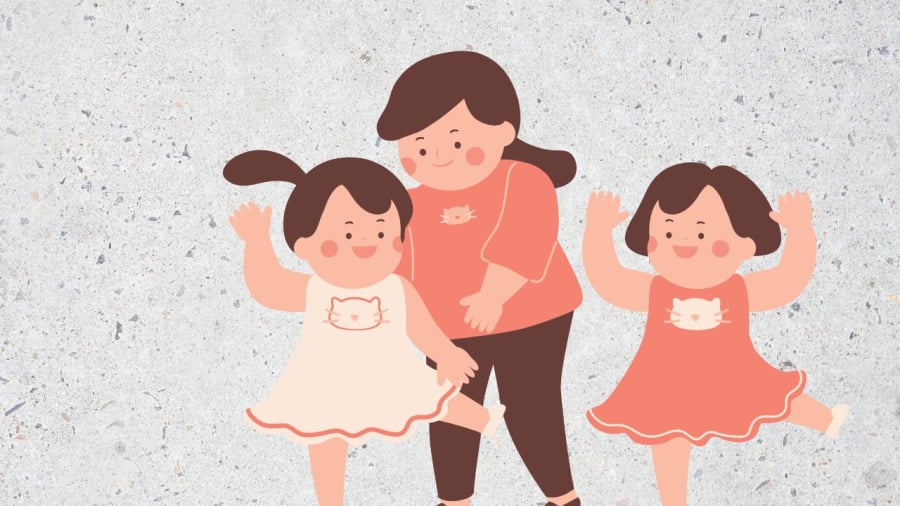In a ground-breaking study spanning 75 years, Harvard researchers followed the lives of over 720 men, interviewing them extensively about their work, family, health, and overall well-being. The subjects were divided into two groups: Harvard sophomores and inner-city Boston teenagers.
Over the decades, these men went on to lead vastly different lives—some achieved great success as doctors, lawyers, and businessmen, while others struggled with addiction and poverty. Some became pillars of their communities, while others sank into despair. Some died prematurely, while others lived long and healthy lives.
The study’s findings revealed that happiness is not determined by wealth, status, or fame, but rather by the presence of three key factors:

Socially connected children are more likely to be happy and successful
1. Strong social ties
People with strong social ties are more likely to thrive in life. Humans are social creatures, and our well-being depends on our ability to connect with others. Social skills help us build strong relationships, which provide us with support, companionship, and a sense of belonging. Studies have shown that people with strong social connections are healthier and more resilient in old age, while those who are socially isolated tend to be lonelier and experience a faster decline in physical and cognitive function.

Love and support help people thrive
People who live long and healthy lives often have close confidants with whom they can share their innermost thoughts and feelings. The study found that happiness in old age is not so much about money or status, but about the quality of our relationships. People who are happy with their relationships at age 50 tend to be happy and healthy at age 80. This suggests that strong, supportive relationships can buffer us against the challenges we face as we age.
3. Feeling loved and cared for
People who feel loved and cared for tend to live longer, healthier lives. When we feel supported and loved by those around us, it gives us a sense of purpose and belonging. Studies have shown that people who feel loved and supported in their 80s are more likely to have good memory function, while those who feel isolated are more likely to experience cognitive decline. Researchers believe that this is because close relationships provide us with love, understanding, and acceptance, which creates a positive environment that benefits both our mental and physical health.
The study’s findings suggest that finding a compatible life partner is one of the most important decisions we make. Having a loving, supportive relationship can make all the difference in our overall well-being.
Parents should make an effort to help their children develop healthy relationships from a young age. Children who feel loved and supported are more likely to be confident and resilient. They are also more likely to develop into happy, healthy adults.
Tips to Prolong the Life of Your Flowers During and After Tet Festivities
The upcoming Tet holiday is a perfect time to bring some extra beauty and joy to your home with flowers. To help you make sure you pick the perfect blooms, we have put together this article to provide you with some essential tips. Read on to find out the best way to select and care for flowers so that they remain vibrant and cheerful for longer.



































